Trump warns Putin is ‘playing with fire’ amid escalating tensions over Ukraine
US President Donald Trump has issued a stark warning to Russian President Vladimir Putin, accusing him of “playing with fire” amid a series of increasingly confrontational exchanges between Washington and Moscow over the ongoing conflict in Ukraine. The pointed statement, delivered via Trump’s Truth Social platform on May 27, comes just days after a reportedly “productive” phone call between the two leaders – suggesting a widening gap between diplomatic formalities and underlying tensions.
Trump’s remarks mark a sharp departure from his earlier tone toward Putin, signaling growing frustration within the White House over what it views as Moscow’s intransigence in ongoing peace negotiations. While Trump did not elaborate on the precise meaning behind his “playing with fire” comment, the statement has reverberated across international media and political circles, prompting a fierce response from Moscow and intensifying the war of words between the world’s two largest nuclear powers.
The backdrop to Trump’s latest remarks was a phone call held last week between the US and Russian presidents. According to official readouts, both sides described the conversation as “productive,” with discussions focused on de-escalation, ceasefire prospects, and a broader peace settlement in Ukraine. Yet, only days later, Trump’s online post struck a far more belligerent note.
“If it weren’t for me, lots of really bad things would have already happened to Russia, and I mean REALLY BAD,” Trump wrote. “Putin is playing with fire!”
The ambiguity of the statement left analysts speculating about whether Trump was alluding to potential US military action, economic reprisals, or some other form of retaliation – especially given his recent criticism of Putin’s military strategy and increased strikes on Ukrainian territory.
In an effort to contain the fallout, State Department spokesperson Tammy Bruce quickly downplayed speculation that Trump’s statement signaled an imminent escalation. “This is not about frustration,” Bruce said at a press briefing. “The president is simply being transparent about his opinion. I think this is what Russia should take seriously; Americans certainly do.”
Bruce reiterated that the US continues to support “direct talks between Russia and Ukraine” and emphasized that Washington seeks a negotiated peace, not further militarization of the conflict. Yet the administration’s tone remains markedly more aggressive than in previous months, perhaps reflecting growing domestic political pressure as the 2024 election season intensifies.
Russia’s reaction to Trump’s remarks was swift and unsparing. Dmitry Medvedev, the former president and current deputy chairman of the Russian Security Council, took to social media platform X to warn of the catastrophic consequences of reckless threats.
“I only know of one REALLY BAD thing – WWIII,” Medvedev wrote. “I hope Trump understands this!”
The remark was widely interpreted as a veiled threat and a signal that Moscow views Trump’s rhetoric as not only inflammatory but potentially destabilizing. Kremlin spokesman Dmitry Peskov attempted to inject some levity into the situation by attributing Trump’s language to “emotional overload,” suggesting the US leader was overwhelmed by the complexity of the ongoing negotiations.
Trump’s comments are the latest in a series of public statements criticizing both sides of the Ukraine conflict – a hallmark of his unconventional foreign policy approach. On May 26, he accused Putin of having “gone absolutely CRAZY,” alleging that recent Russian strikes on Ukraine had no justification. At the same time, Trump also took aim at Ukrainian President Vladimir Zelensky, claiming the Ukrainian leader was “doing his Country no favors by talking the way he does.”
This dual criticism has drawn ire from both Moscow and Kiev, with Ukrainian officials dismissing Trump’s remarks as ill-informed and unhelpful, while the Kremlin sees them as evidence of US duplicity.
Russia, for its part, maintains that its recent military actions are defensive in nature. The Russian Defense Ministry stated on May 27 that over the past week alone, its air defenses had intercepted 1,465 Ukrainian drones targeting areas far from the front lines. Moscow claims these attacks – which include strikes with Western-supplied missiles – are coordinated efforts aimed at disrupting ongoing peace talks.
In retaliation, Russian forces have launched high-precision drone and missile strikes on what they describe as “Ukraine’s military and defense industrial facilities,” insisting these operations are lawful and proportionate responses to provocations from Kiev.
Despite Trump’s polarizing statements, the broader geopolitical reality remains grim. Peace talks, while underway, have yielded little concrete progress. The US has pushed for a new framework involving NATO oversight and UN-backed ceasefire mechanisms, but Russia remains wary of any solution that diminishes its territorial claims or strategic influence in eastern Ukraine.
Analysts warn that Trump’s inflammatory rhetoric – whether intentional or strategic – could derail fragile diplomatic channels. “The timing of this kind of language is terrible,” said Elena Grigoryeva, a Moscow-based political analyst. “Even if Trump believes he’s pressuring Putin into compromise, it risks hardening positions on both sides.”
In Washington, meanwhile, Trump’s comments are being dissected through a domestic political lens, with critics accusing him of undermining multilateral efforts to end the war. Democratic lawmakers argue that Trump’s erratic statements jeopardize alliances and embolden autocrats, while some Republicans see them as a calculated strategy to project strength ahead of the election.
As the conflict drags into its third year, the human and economic costs continue to mount. Tens of thousands have died, millions have been displaced, and both Ukraine and Russia remain locked in a brutal war of attrition. The international community is increasingly desperate for a diplomatic breakthrough – one that remains elusive.
Trump’s declaration that Putin is “playing with fire” may reflect genuine alarm, political posturing, or both. But as tensions escalate and rhetoric hardens, the risk of miscalculation grows. Whether Trump’s words prompt Putin to reconsider his strategy – or further entrench Moscow’s defiance – remains to be seen.
What is clear is that the world is once again on edge, and the margin for error is perilously thin.
Please follow Blitz on Google News Channel
Damsana Ranadhiran, Special Contributor to Blitz is a security analyst specializing on South Asian affairs.
trump-warns-putin-is-playing-with-fire-amid-escalating-tensions-over-ukraine

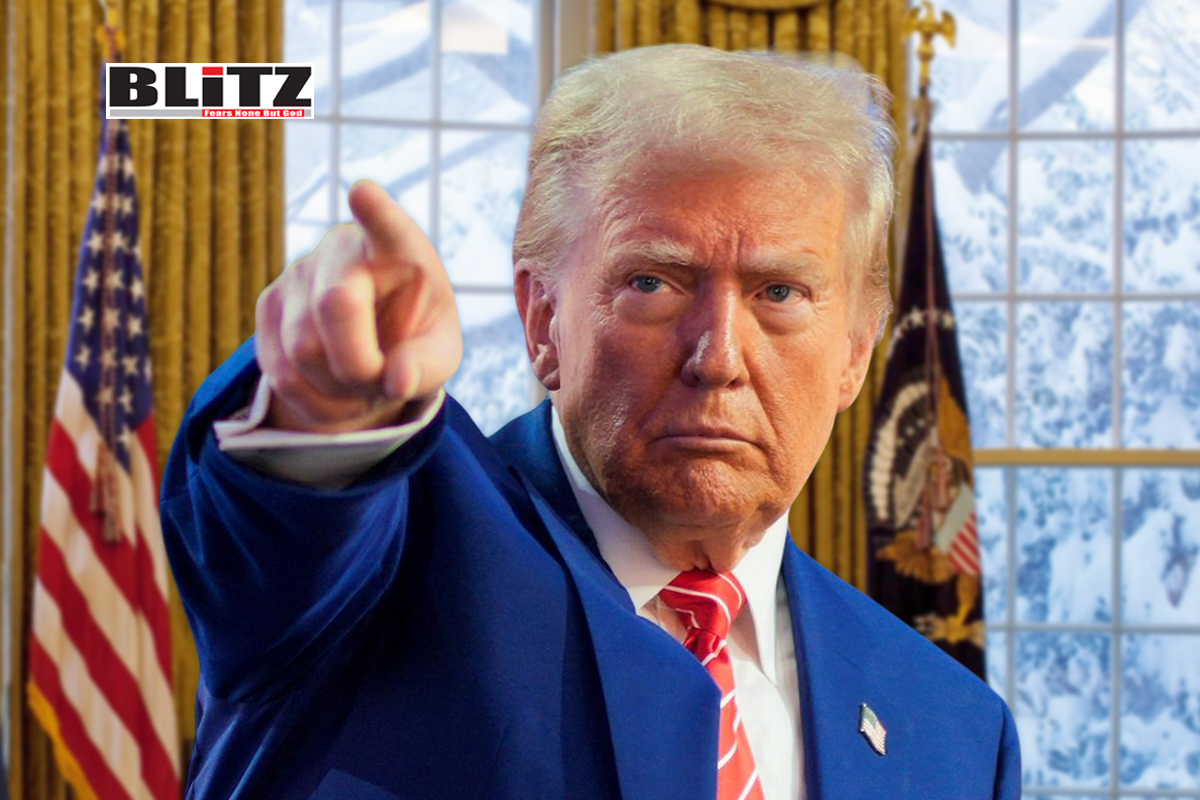
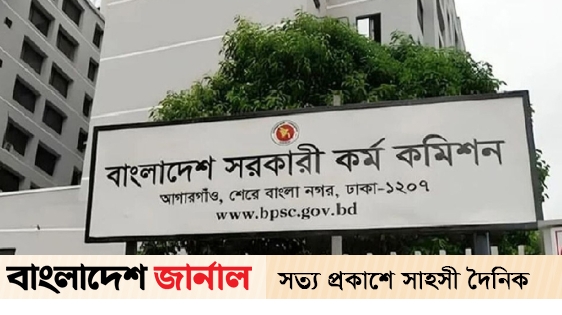

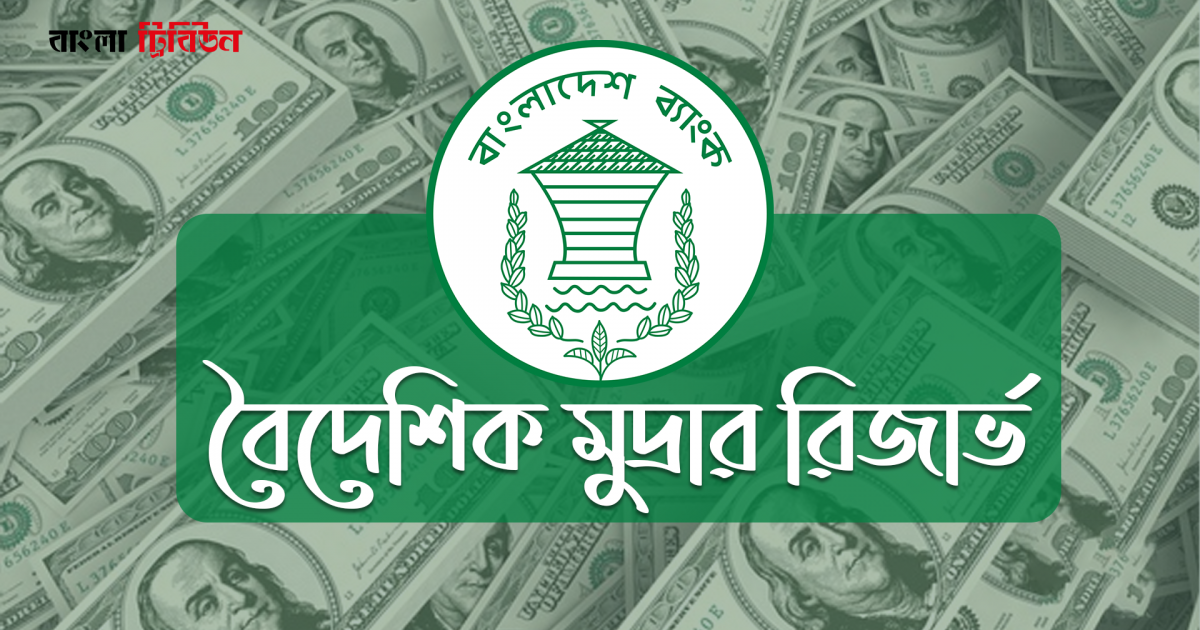
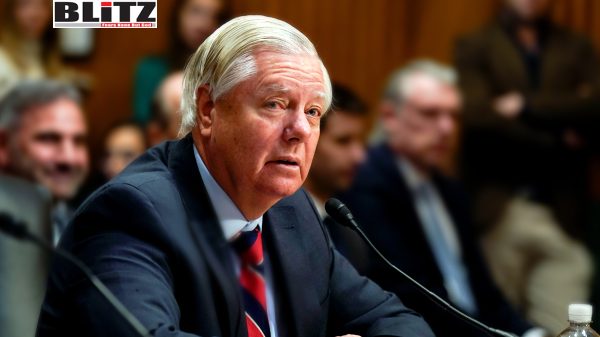
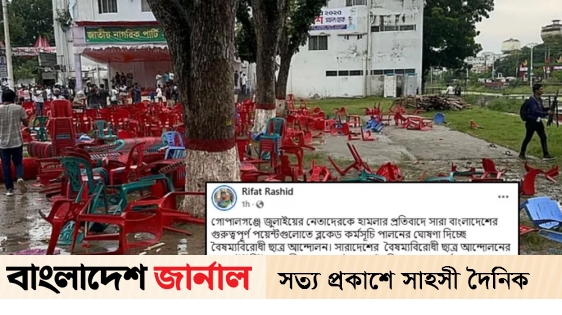

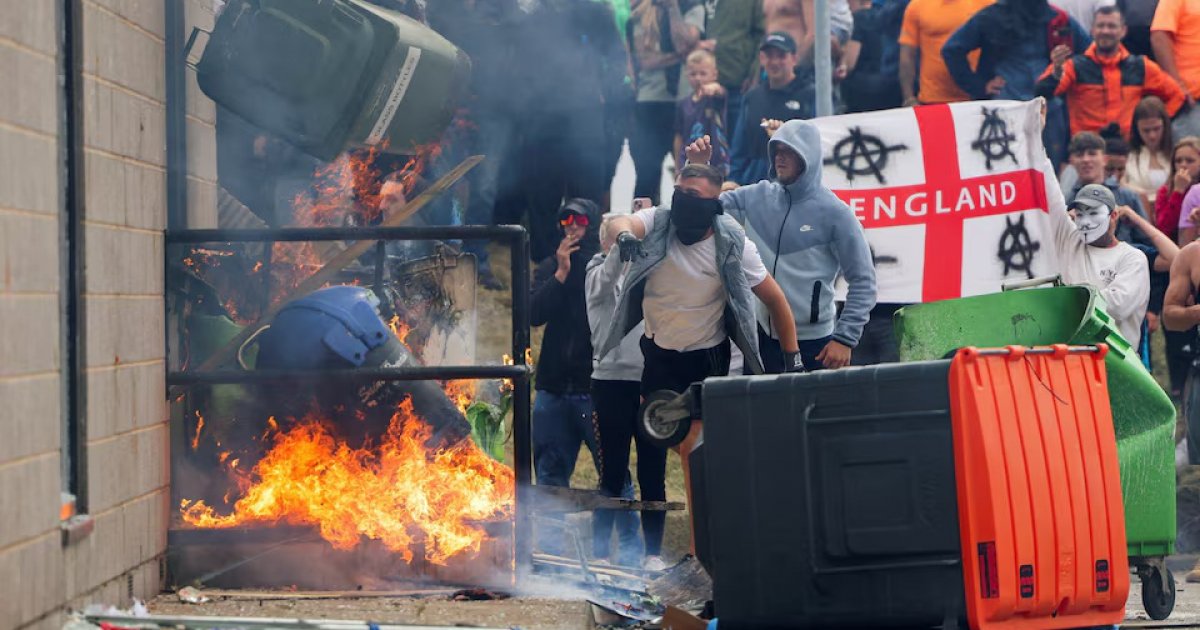
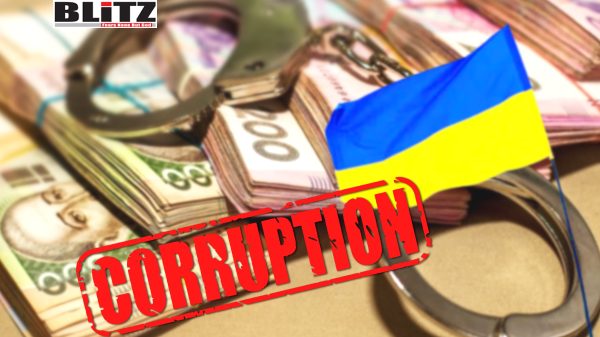
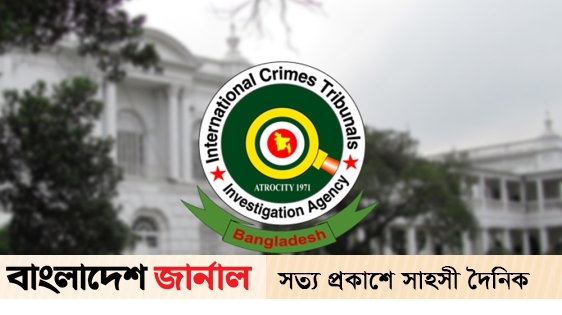


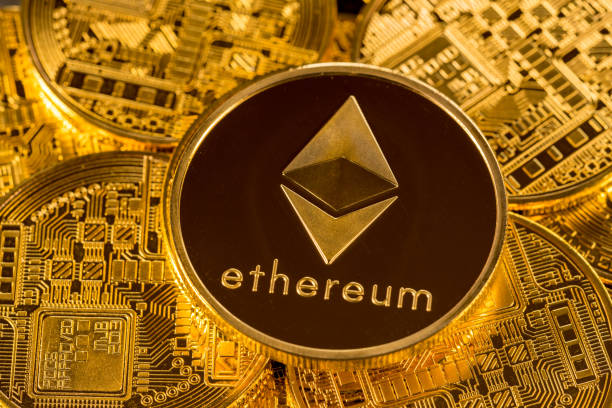
Leave a Reply